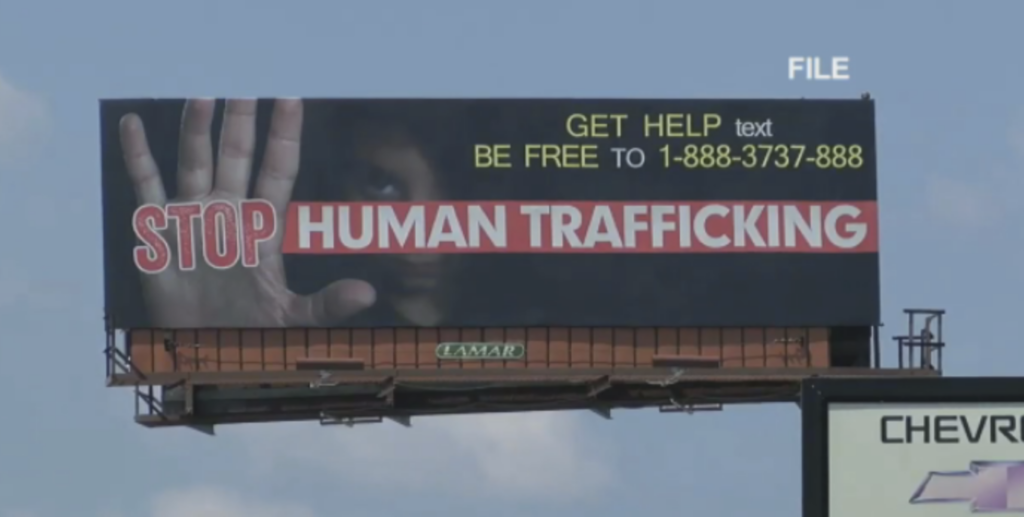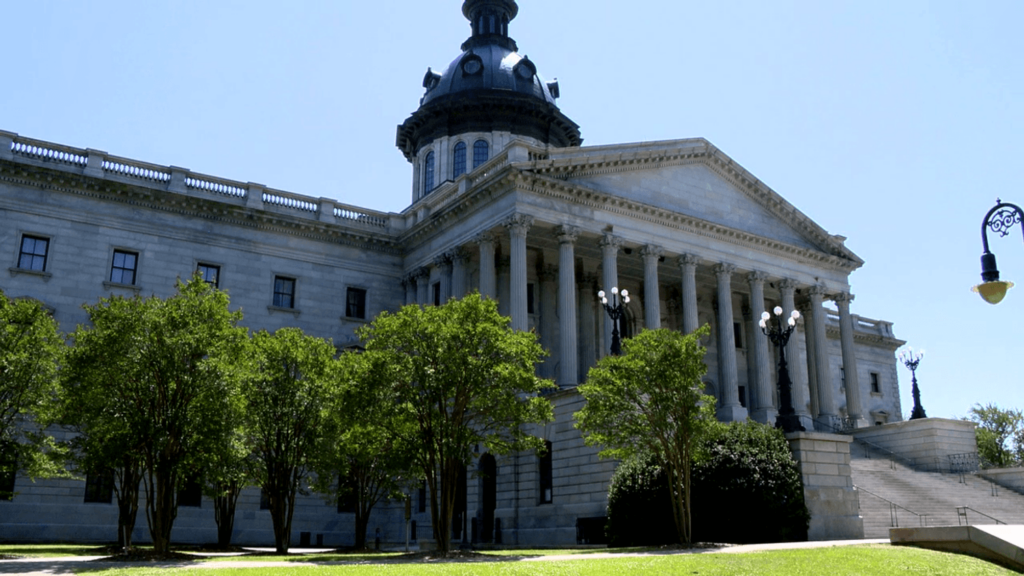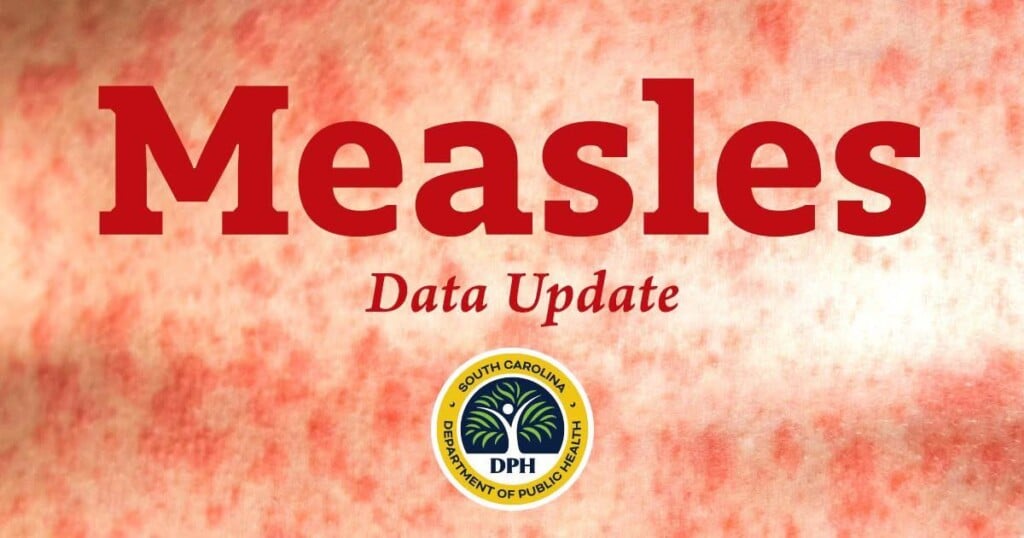Violence intervention program leaders say funding is biggest barrier to providing youth services
COLUMBIA, SC (WOLO) — Members from community-based violence intervention programs held a roundtable discussion in the Blatt Building on youth gun violence prevention Monday morning.
Cohosted by SC Representative Jermaine Johnson and multiple groups from across the state, the meeting’s goal was to discuss community violence and the continued need for funding to address gun violence.
For Johnson, helping to end gun violence is personal, saying, “The very first memory of my life is was my older brother was walking down the street. And that was the last time I ever saw my brother, because he ran away from home. And the person who helped him run away from home was the same person who shot him in the back and killed him. And that is the main reason why I’m so passionate about this work is because it affected my life and it still affects my life 38 years later.”
Johnson says he’s pushing for the SC General Assembly to fund smaller grassroots efforts — with larger organizations receiving most of the funding and attention.
Zakiya Esper is the founder of “Sowing Seeds into the Midlands,” whose mission is to interrupt the school to prison pipeline via advocacy, education, and direct services.
Esper says many of the young people that take part are currently on probation.
“We are notoriously underfunded. Folks are really supportive of our work in word, and they even show up to our events. But when it comes to make sure that we have the money to continue to do this work, we are often the last to be thought of,” says Esper.
Kristen Moldenhauer and Patty Tuttle with “Moms Demand Action” say the daily toll on our communities from gun violence is devastating.
“We are very invested in this work, and we’re excited at the potential for some of these grassroots community based programs to be funded so that they can do the preventative work to prevent these tragedies from continuing to happen in our communities,” Moldenhauer says.
Representatives believe violence intervention programs save the state money annually — with the aftermath of a shooting being far more expensive.
Richland County Coroner Naida Rutherford says her office offers a program allowing troubled students to plan their own funerals, write their own obituaries, and visit the morgue to serve as a wake up call.
“We have multiple problems and issues within our schools within our communities that can be addressed whether it’s through legislation whether its through community programs, but none of those things can happen if we don’t have the funding to make it happen. Fund it,” says Rutherford.
According to “Everytown For Gun Safety,” South Carolina has the sixth highest rate of gun violence in America.


